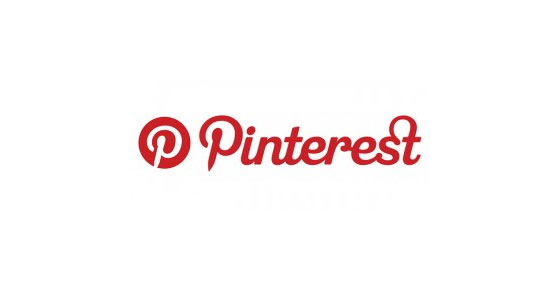Pinterest Isn't Working for Marketers - Yet

While Pinterest's ad strategy is taking shape, analysts remain on the fence about the pin-based social network, and its near-term marketing potential.
"Many marketers just can't seem to find success on Pinterest," Forrester analyst Nate Elliott writes in a new report. "Barely one-half of top brands maintain branded Pinterest boards - and those that do are unsure what to post, collect few followers, and see little user interaction."
Coca-Cola, for example, has fewer than 5,000 Pinterest followers, while its last 50 pins have been repinned an average of just 11 times each.
After eight months in beta, Pinterest officially launched its Promoted Pins program, at the beginning of the year.
Yet the new program doesn't give marketers enough web-based targeting criteria, according to Elliott. "The result of such limited targeting is unclear ad performance," he suggests.
In its defense, brands that participated in the Promoted Pins beta program saw a 30% increase in "earned media" - i.e., the share of users who saved a Promoted Pin to a board, according to Pinterest. Also, according to internal findings, Promoted Pins are "repined" an average of 11 times - the same as non-branded pins.
Pinterest is also more popular than ever. The proportion of online adult women using the service increased from 33% in 2013 to 42% in 2014, according to recent findings from the Pew Research Center.
Historically resistant to Pinterest, men even appear to be warming up to the platform. Indeed, the proportion of online men on Pinterest increased from 8% in 2013 to 13% last year. All together, the total proportion of online adults on Pinterest grew from 21% in 2013 to 28% in 2014 - while 17% of Pinterest members now use the site daily, according to Pew.
"There's so much opportunity," Elliott writes regarding Pinterest's popularity.
According to Elliott, another advantage for Pinterest is that Facebook users generate mostly affinity data - i.e., "information about their tastes and preferences, based on their past experience with brands and products, that's better suited to targeting brand advertising than direct marketing."
Pinterest users, however, share more than just historical affinities.
"They share the kind of purchase intent data that's more commonly seen on search engines like Google," according to Elliott. "And just as ads targeted with Google's data generate outstanding direct response, so will ads targeted with Pinterest's data. Yet "Pinterest is confusing," Elliott insists. "It's a bundle of contradictions: at once it offers marketers huge potential and huge frustration."
As such, "Pinterest's marketing value lies more in the future than in the present," he adds. "By 2016, Pinterest's ad offering could trump that of other social sites - but today, most brands struggle to successfully use it as a marketing tool."
Gavin O'Malley edits MediaPost's Social Media & Marketing Daily, where this article originally appeared. Reach him at [email protected]. Nate Elliott is Forrester's vice president, principal analyst serving marketing leadership professionals. The full report from Forrester is available for $499.
Share this Feature
Recommended Reading:
| ADVERTISE | SPONSORED CONTENT |
FRANCHISE TOPICS
- Multi-Unit Franchising
- Get Started in Franchising
- Franchise Growth
- Franchise Operations
- Open New Units
- Franchise Leadership
- Franchise Marketing
- Technology
- Franchise Law
- Franchise Awards
- Franchise Rankings
- Franchise Trends
- Franchise Development
- Featured Franchise Stories
| ADVERTISE | SPONSORED CONTENT |








 The franchise listed above are not related to or endorsed by Franchise Update or Franchise Update Media Group. We are not engaged in, supporting, or endorsing any specific franchise, business opportunity, company or individual. No statement in this site is to be construed as a recommendation. We encourage prospective franchise buyers to perform extensive due diligence when considering a franchise opportunity.
The franchise listed above are not related to or endorsed by Franchise Update or Franchise Update Media Group. We are not engaged in, supporting, or endorsing any specific franchise, business opportunity, company or individual. No statement in this site is to be construed as a recommendation. We encourage prospective franchise buyers to perform extensive due diligence when considering a franchise opportunity.